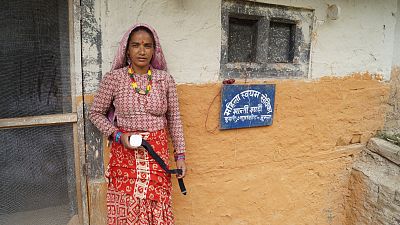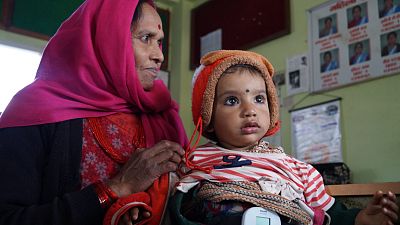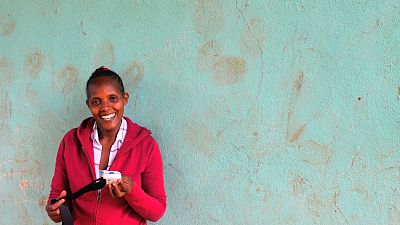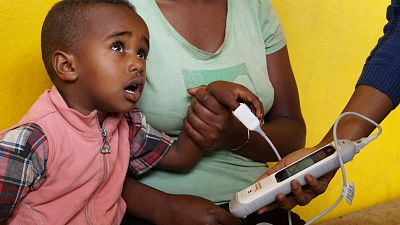ARIDA pneumonia project overview (4 photos)
Published:25 February 2017
Diagnosing pneumonia is challenging. Currently, front line health workers, who often serve in remote areas with limited access to formal health services, diagnose pneumonia by counting a patients respiratory rate and measuring it against the typical rate for that patient’s age. However, inaccurate counts are common which often leads to misdiagnosis and inappropriate treatment.
The ARIDA project is testing new automated aids that count respiratory rates. If successful, these aids will enable front line health workers to diagnose pneumonia accurately and provide appropriate treatment.




Back to Photos